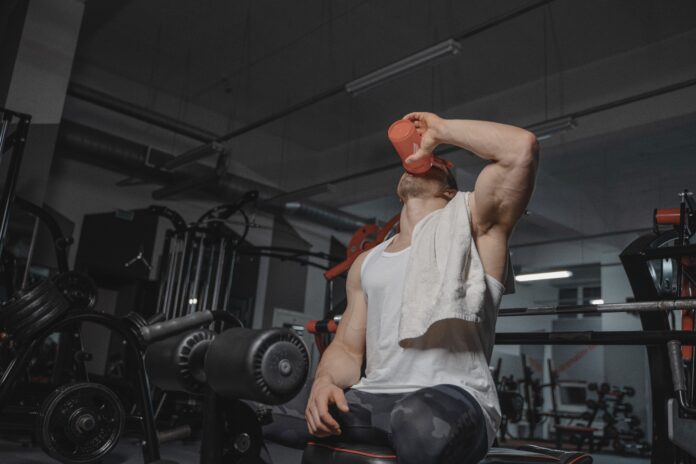Muscle-building supplements and substances have gained prominence and easy accessibility in Canada. These products — including protein powders, creatine, amino acids, and pre-workout drinks — not only promise improved physical appearance, but also enhanced athletic performance.
The primary users of these supplements are adolescents and young adults. In Canada, a striking 83% of young men and 52% of young women between 16 and 30 reported using whey protein powders or shakes in 2021. This gendered usage pattern may be linked to the sociocultural ideal of a muscular male body, a goal that many of these products claim to help achieve.
While some muscle-building substances like steroids are illegal, most are readily available at local drug stores. Legal products fall under the Canadian Natural Health Products Regulations, necessitating a product license and health claim evidence for sale. However product safety, once on the market, relies mainly on consumer complaints, raising concerns about safety beyond a few clinical trials.
Previous research has associated muscle-building supplements with adverse outcomes like binge drinking, criminal offences, and eating disorder symptoms. To address these concerns, Dr. Kyle Ganson — an Assistant Professor from the Factor-Inwentash Faculty of Social Work at the University of Toronto — and colleagues have proposed several recommendations in a new policy analysis paper published in the Performance Enhancement and Health Journal.
First, the researchers suggest that it would be a good idea to set age restrictions on the products, just like we do for cigarettes and alcohol. That way, young people might have a harder time getting muscle-building supplements and substances. They also suggest that these products should be put “behind the counter” at stores. This creates an extra barrier between the consumer and the product. In addition, it would give the consumer a chance to talk to a pharmacist and learn about the product’s risks before purchase.
Another recommendation is more post-market testing to make sure the products remain safe and do what they say. It’s like making sure that the processed foods sold in grocery stores remain safe for you to eat.
Lastly, Ganson and colleagues say that there is a need to increase awareness about the pros and cons of muscle-building supplements and substances. For example, they suggest putting warning labels on the products, like what is already seen on cigarette packs.
All in all, Canada’s current regulatory framework for muscle-building supplements and substances poses significant risks to consumers: these readily available products are widely consumed by young people and have been linked to various adverse health and social effects as previous research has demonstrated. Urgent measures, including age limits, improved testing, and better education, are vital to ensure public well-being and prevent potential harm.
It is time for Canada to re-evaluate and fortify its regulations surrounding muscle-building supplements and substances, ultimately promoting healthier choices and better-informed consumers.








































